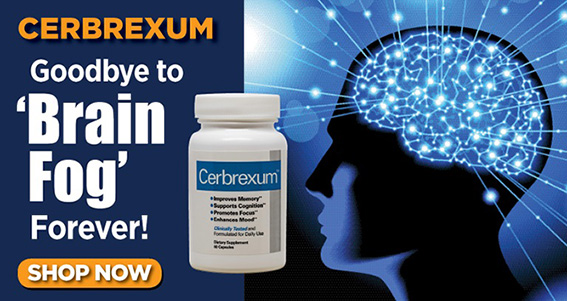[Printable Version of This Page]
Seeing Orange Could Keep Insomniacs From Seeing Blue and Maybe Trim the Waist As Well
![[Image 1]](/rhp/images/library/136/sleepingman2.webp)
Light
comes into the eye, hits the retina, and you see. The concept is pretty
simple when it comes to vision. Lights on, you can see. Lights off,
you're literally in the dark.
But a few cells in the retina aren't involved in seeing. They interpret prolonged light as a time to tell the brain, “wake up,” which they do by generating a protein called melanopsin.
It takes just 10 minutes of prolonged light exposure for the melanopsin-producing cells to start the process. Melanopsin signals your brain that it's daytime. The brain, in turn, signals your pituitary gland to stop producing melatonin.
You probably know something about the hormone melatonin from the drugstore...it makes you sleepy. Melatonin in a bottle is widely recommended for jet lag and insomnia.
We've long known what melatonin does and how to use it to encourage sleep. But until recent work at Salk Institute, the exact mechanics of the melanopsin-melatonin process has been unclear.
Like many other cells in your body, the cells in the retina can be “down-regulated,” or turned off by other chemicals called arrestins.
But the Salk Professor, Satchin Panda, found that the expected arrestin process doesn't work as expected with the melanopsin cells in the retina.
There are two varieties of arrestins involved, it seems. One of them follows the normal pattern to shut down activity. But the surprise that Professor Panda and his team at Salk found was that the other arrestin didn't behave as it “should” on the melanopsin cells. Instead of shutting down melanopsin production, the arrestin made it increase. Increased melanopsin causes wakefulness because it suppresses melatonin.
OK, that's enough of a science lesson for today. This is what matters...
It's two things, actually. The new findings at Salk finally explain how your computer is keeping you awake, and, further, they could eventually lead to effective treatments for migraines, insomnia, jet lag and circadian disorders that may also play a role in obesity, insulin resistance, metabolic syndrome, and cognitive problems.
The research results, which were just published in the Nov. 27 issue of Cell Reports, explains why using computers, cell phones, and television after dark are especially bad for your sleep, much worse than simply reading an exciting mystery under normal lamplight.
All these electronics emit large doses of blue light, and your melanopsin cells are especially sensitive to that color. They interpret light from the blue end of the spectrum as if it is full, blazing daylight.
You know what happens next. When it's daytime to your eyes, your brain will get a wake-up call and you will lie in bed praying for sleep.
If you are not likely to turn off the television and walk away from your computer or cell phone after dark, however, you have defenses.
The hands-down best one is to get glasses with blue-blocker lenses.
In fact, you don't need to spend $50 (nonprescription) or $300 (prescription) for help. Consumer Reports tested three brands of nonprescription blue-blocking glasses. The winner was the basic orange safety glasses. Cost $8. Go to a Home Depot near you.
The nice thing about the big orange safety glasses is that you are also protected from flying debris, should that happen around your house. Say champagne corks on New Years' Eve? But on a typical evening, they give your surroundings a lovely calming glow. It's like seeing the world by firelight.
It's a cheap fix, and it actually works.
An article published in the European Journal of Neuroscience (December 2018) found that on workdays, “a decrease in evening blue light exposure led to an advance in melatonin and sleep onset.” Even for “late chronotypes,” which most of us call night owls, “controlling light exposure at home can be effective in advancing melatonin secretion and sleep.” The researchers used plain safety goggles and room darkening shades to test reactions. The safety goggles worked best.
Naturally, computers aren't the only thing that keeps people awake at night. Avoiding late-night screaming crowds at a sports arena, overdoing the Christmas punch, and resisting a snack of jalapeno poppers right before bedtime is also advisable if you want a gentle night's sleep.
But if your lifestyle doesn't include meditation before bedtime and dinner before sunset—or turning off the computer early—some sporty orange safety goggles are definitely worth the price.


![[Guarantee]](https://scripts.renownhealthproducts.com/rhp/images/money-back-guarantee.webp)
![[Renown Health Products: Proudly Providing Superior Grade Supplements Since 2002]](https://scripts.renownhealthproducts.com/rhp/images/rhpmain/design2/seal-285-240.webp)




